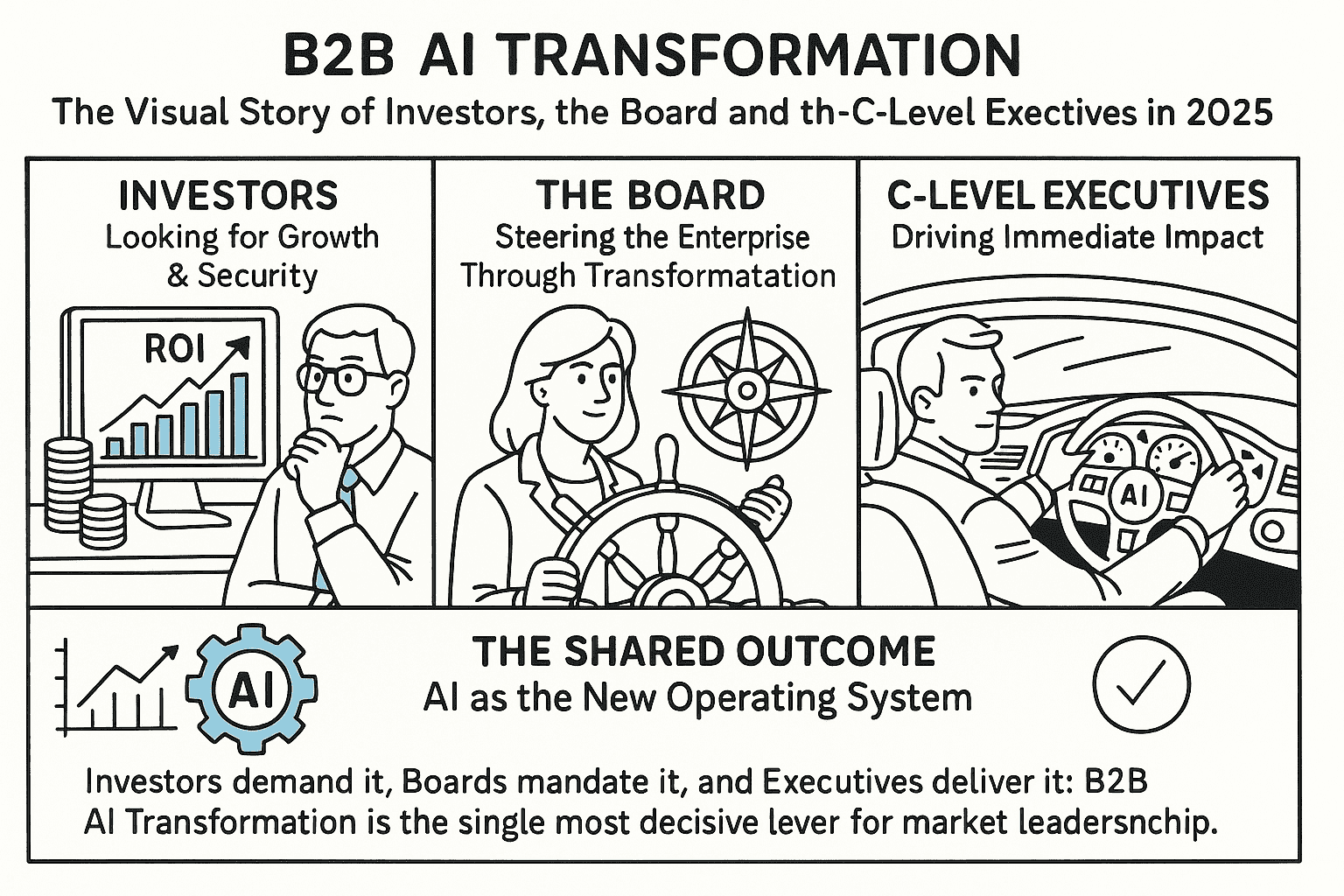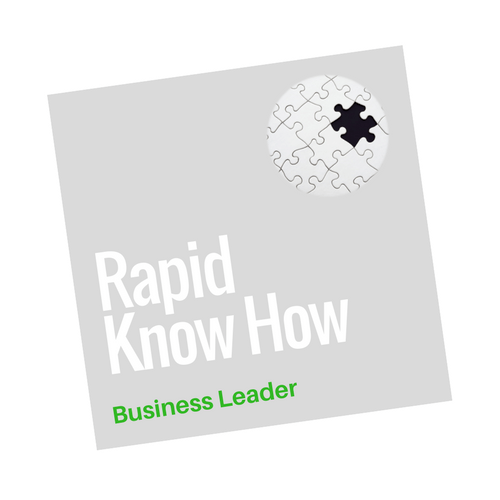Top Sectors
Tier 1 (prime targets)
- Manufacturing – Productivity boost in quality, yield, predictive maintenance, and scheduling.
- Supply Chain & Logistics – Optimization of networks, demand sensing, routing, and control towers.
- Financial Services (B2B/SME banking, payments, insurance) – Strong ROI in underwriting, risk, fraud, and sales.
- Energy & Utilities – Grid optimization, forecasting, distributed energy orchestration, and asset health.
- Healthcare & Life Sciences – R&D, clinical operations, revenue cycle, and supply chain.
- Enterprise Software & Cybersecurity – AI copilots, automation, LLM-native apps across the stack.
- Telecommunications – Network planning, optimization, and AI-driven customer operations.
Tier 2 (high-potential, execution-dependent)
8. Construction & Engineering
9. Chemicals & Materials
10. Agribusiness
11. Mining & Metals
12. Industrial Gases
13. Transportation (aviation, maritime, rail)
14. Professional & Technical Services
15. Defense Industrial Base
Top Geographies
Global leaders
- United States
- Singapore
- Switzerland / Denmark / Sweden (Nordic cluster)
- United Kingdom
- France & Germany (DACH-FR)
- South Korea & Japan
- UAE & Israel
- Canada & Netherlands
- China
- India
DACH/CEE corridor (practical EU rollout focus):
Germany, Switzerland, Austria, Poland, Czechia, Slovakia, Hungary, Romania — strong industrial and logistics backbone, nearshoring tailwinds, and improving digital readiness. EU AI Act compliance (phasing in from February 2, 2025) can be used as a differentiator.
Key Constraints (and Opportunities)
- Power & grid access for data centers will shape where AI can scale fastest. Early partnerships with utilities and strategic site selections will be decisive.
90-Day Market Entry Blueprint
- Select a wedge use-case: measurable P&L lever (e.g., demand sensing → inventory days −15%).
- Data & risk readiness: conduct quick data audit and compliance mapping (EU AI Act, NIST). Publish a 2-page model card.
- Pilot to production: run a 6–8 week pilot with predefined KPIs. Roll out to one plant/region first, then scale.
- Commercial model: usage-tiered pricing plus shared-savings option. Position compliance and security as sales enablers.
RapidKnowHow: Manufacturing AI-as-a-Service
Target Region: DACH & CEE (2025–2030)
🎯 Strategic Value
- Transform manufacturing operations with AI-driven productivity, quality, and energy efficiency.
- Position your business as EU AI Act–ready from February 2025 onwards — a competitive differentiator in bids and partnerships.
- Scale asset-light, usage-based AI services across Germany, Austria, Switzerland, Poland, Czechia, Slovakia, Hungary, and Romania.
🏭 Key AI Use Cases
- Predictive Maintenance – Reduce downtime by up to 40%.
- Smart Production Scheduling – Increase throughput by 10–20%.
- Energy Efficiency Optimization – Cut energy costs by 15–25%.
- Quality & Yield AI Control – Lower defect rates by 30–50%.
- Supply Chain Synchronization – Reduce inventory days by 15%.
📊 KPI Ladder (Quick Wins → Scale)
- Month 1–3: Pilot → One Plant | KPIs: −15% downtime, +5% throughput.
- Month 4–6: Regional rollout → 3–5 Plants | KPIs: −25% energy costs, +10% yield.
- Month 7–12: Scale → Multi-country rollout | KPIs: +20% throughput, +50% faster time-to-market.
💶 Commercial Model
- Usage-based pricing — pay per machine/hour of AI service.
- Shared-savings option — align incentives with real P&L results.
- Compliance & Security — positioned as built-in sales advantage.
🚀 90-Day Entry Blueprint
- Select wedge use-case → Start with predictive maintenance or scheduling.
- Data audit & compliance check → Map to EU AI Act + NIST RMF.
- Pilot project (6–8 weeks) → Pre-agreed KPI gate.
- Scale success → Rollout across sites once KPIs achieved.
📌 Call to Action
Strategy Map – Manufacturing AI-as-a-Service (DACH/CEE)
Learning & Growth
Upskill Teams
KPI: 100% MLOps trained
KPI: 100% MLOps trained
Partner Ecosystem
KPI: ≥5 partners
KPI: ≥5 partners
Reusable AI Modules
KPI: ≥10 modules
KPI: ≥10 modules
Internal Process
Predictive Maintenance
Downtime −15–40%
Downtime −15–40%
Smart Scheduling
Throughput +10–20%
Throughput +10–20%
Quality & Yield AI
Defects −30–50%
Defects −30–50%
Customer
Win More Tenders
RFP win ≥35%
RFP win ≥35%
Delight Customers
NPS ≥50
NPS ≥50
Time-to-Value
Go-live ≤8 weeks
Go-live ≤8 weeks
Financial
Grow Revenue
+30% YoY
+30% YoY
Improve ROCE
≥15%
≥15%
Reduce Energy OPEX
−20%
−20%





